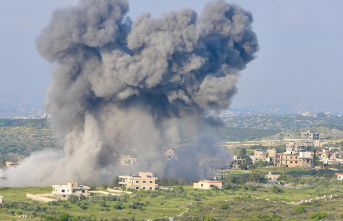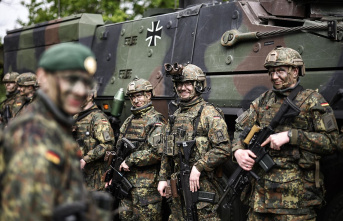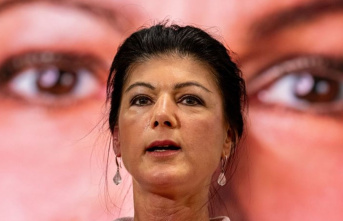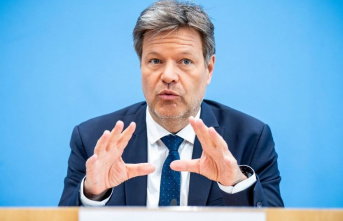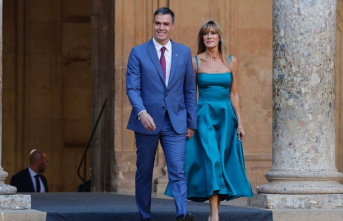More than 40 suspected cases, high-ranking suspects - but no indictment: After the presentation of the report on sexual violence in the Archdiocese of Munich and Freising, the Munich I public prosecutor's office stopped its investigations against the former Archbishops Cardinal Joseph Ratzinger and Cardinal Friedrich Wetter on suspicion of aiding and abetting.
"Three (then) still living church personnel managers" were "entered as suspects" during the investigation. In addition to Pope Emeritus Benedict XVI, who was Archbishop Cardinal Ratzinger from 1977 to 1982, and his successor Wetter, according to the information, this also affected the former Vicar General Gerhard Gruber. The investigations "revealed no sufficient suspicion of criminal acts by the personnel managers".
The authority had started the investigation based on the report presented in 2022 by the Westpfahl Spilker Wastl (WSW) law firm and examined 45 cases in which high-ranking church representatives were suspected of having aided and abetted abuse through their misconduct in dealing with perpetrators. "There were possible acts of assistance by the personnel managers in the room," says prosecutor Angela Miechielsen. The authority was supported by a police investigation team, the "EG Kelch".
statute of limitations has expired
As the public prosecutor reports, 39 of these cases were immediately discontinued, six cases were examined more intensively - including the case of the repeat offender Priest H., who was transferred from the diocese of Essen to the Munich diocese at the time and there always abused children again when Ratzinger was archbishop there.
In this case (case 41 from the WSW report), Ratzinger was listed as the accused, says public prosecutor Miechielsen - also in the case of another abuser (case 40). But because the actions of these priests were now statute-barred, this also applies to the possible accusation of complicity in these actions. This is the reason for the termination of the proceedings. Whether and to what extent the future pope committed a crime at the time was therefore no longer investigated: "As soon as the statute of limitations has expired, we will no longer investigate."
Ratzinger biographer Peter Seewald meanwhile sees the result of the investigation as confirmation of the statements made by the Pope Emeritus. Even the WSW report contained "not a single piece of evidence of misconduct or of assistance by the former Archbishop of Munich in a cover-up". In the report, Ratzinger had been accused of personal misconduct in several cases.
Cardinal Wetter was accused in five proceedings - as was the former Vicar General Gruber. One of these proceedings was about a hospital chaplain in Rosenheim who had died in the meantime and was suspected of having abused altar boys - and possibly not yet statute-barred cases in the early 2000s.
In search of the poison cupboard
In connection with this case - number 26 from the abuse report - the public prosecutor's office had also searched the rooms of the Archdiocese of Munich and the Archbishop's Palace in mid-February. The aim was to find the so-called poison cupboard in which information on abusers was locked away. However, it was dissolved in 2011 and the documents were assigned to the relevant personnel files - the incumbent Archbishop, Cardinal Reinhard Marx, also confirmed this.
The public prosecutor's office gives him and his archbishopric a good report. The willingness to cooperate was great. Senior public prosecutor Hans Kornprobst even speaks of an "absolute desire to clarify things." There was never a suspicion "that something might not be complete".
Kornprobst defends himself against accusations that his authority had been far too gentle with the church for years. "Why should we be especially lenient with the church?" he asks.
Critics accuse the public prosecutor's office of having demanded that the church files be handed over as early as 2010 - after the first abuse report for the archdiocese had been drawn up but not published.
Kornprobst shares the view in retrospect - but he also says that much of the report was formulated so vaguely that it would not have been enough for an initial suspicion, which is necessary to start investigations. He says that the investigations did not bring any "significantly different results" under criminal law.
In the case of priest H., a case would have been statute-barred until 2012 - two years after the first report was prepared. However, the proceedings were discontinued by the Munich II public prosecutor's office in May 2010 because statements by the injured party were contradictory, according to a spokeswoman for the public prosecutor's office.


